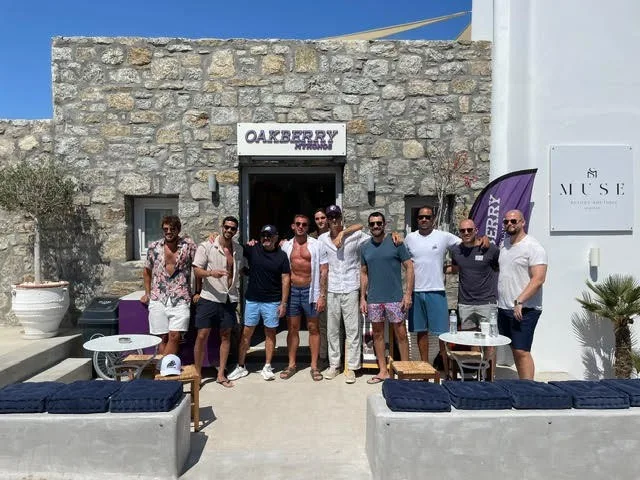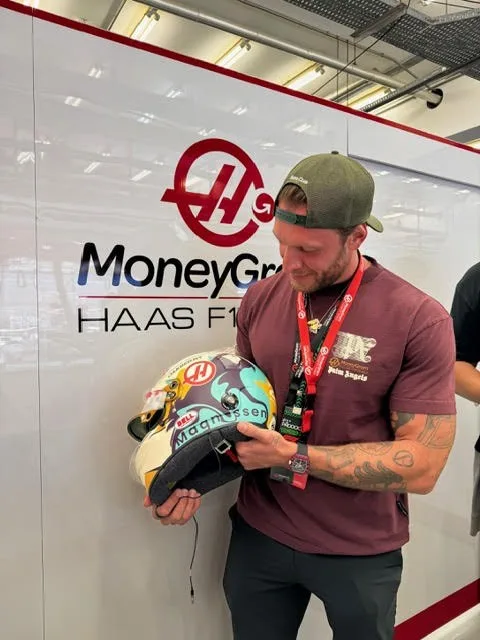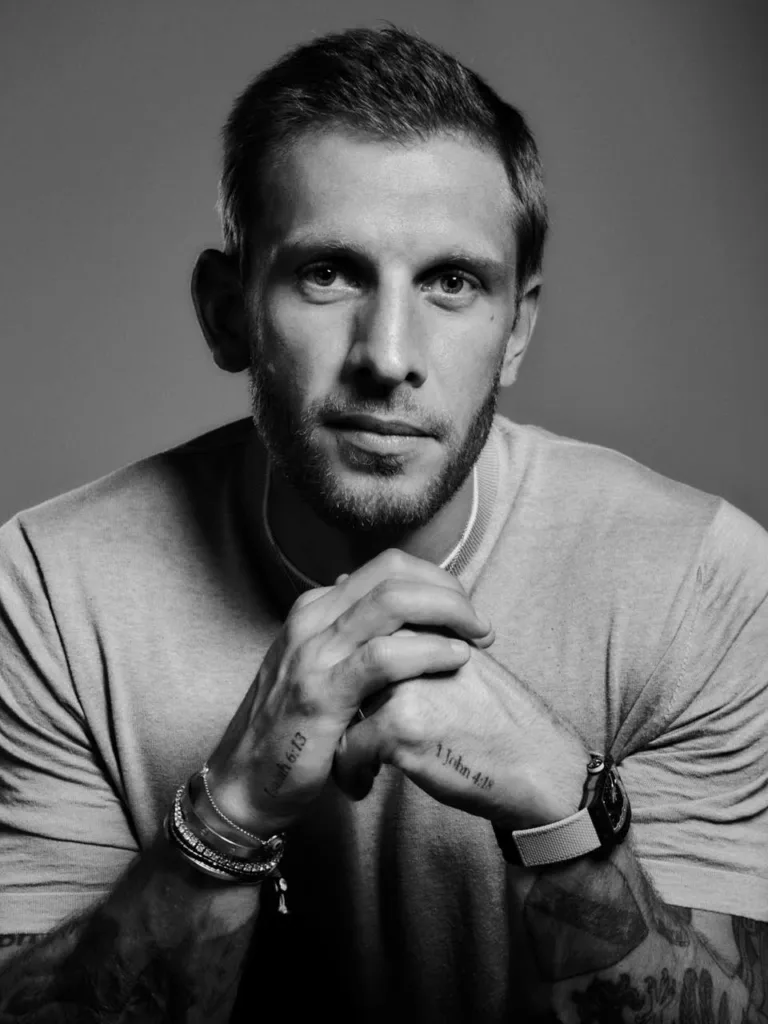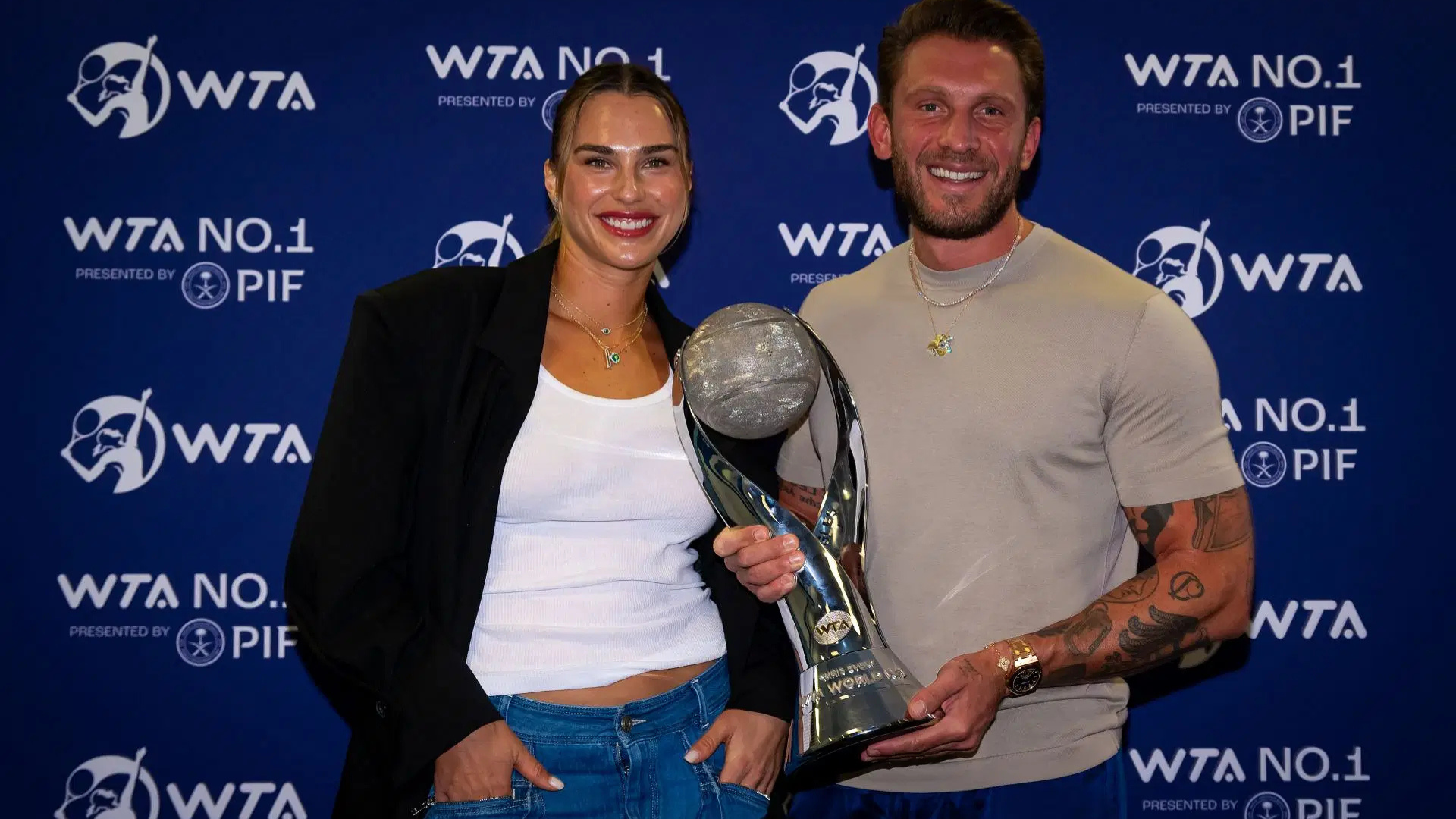By Despina Karpathiou
Georgios Frangulis, the visionary founder of Oakberry, has taken the global food scene by storm with his innovative approach to açaí bowls and healthy fast food. What began as a small concept in Brazil has now grown into an international sensation, with Oakberry locations popping up in cities across the world.
The Greek Herald delved into Georgios’ journey – his entrepreneurial spirit, the challenges he faced, and how his passion for health-conscious eating turned Oakberry into a thriving brand that’s redefining the fast-food industry. We sat down with him to discuss all things açaí.
For those who don’t know him, Georgios is 36 years old and was born in São Paulo, Brazil to a Greek family. His grandfather, Georgios, was born in Thessaloniki, and his father, Eleftherios, was raised in Brazil.

“I can say we were always a Greek family, in how we see the world, our values, and the way I was raised. I feel 100% Greek,” he explains, before recalling how he always wanted to follow a non-traditional path.
“I went to law school, but I’m an entrepreneur at heart. I always knew I would build a business and create something that would bring joy and good things to people.”
In what may come as a surprise, Georgios is also a professional racing driver. He explains that his biggest dream since he was nine years old has been to own a Formula 1 team.


“Managing such a complex environment always amazed me,” he says.
Georgios’ girlfriend is current World No. 1 women’s singles tennis player, Aryna Sabalenka.
“I end up splitting my time between tennis matches, Oakberry, and racetracks,” he jokes.
Oakberry started in Brazil in 2016 but was created while Georgios was living in the USA. Georgios explains how he became infatuated with açaí, the fruit that made him who he is today.
“Açaí is a fruit that is only found in the Amazon rainforest, mostly in the northern region of Brazil. Being raised in Brazil, I knew the nutritional value of açaí as a superfood, and I noticed people around the world were trying to eat healthier. Açaí would be perfect to fulfill that demand. That’s essentially how the idea for Oakberry formed,” he says.
“I saw that the demand for healthy food was booming, and people started searching for açaí, but no one was offering it with a strong brand and the standards to establish a business that could grow worldwide. I took the last €30,000 I had and invested in our first store in my hometown of São Paulo. From that moment, we’ve opened over 800 stores in over 50 countries, and the rest is history!”

In a world of extreme competition in the fast-food sector, Oakberry has continued to be successful for nearly a decade, something that many newer açaí businesses aren’t accomplishing.
Georgios attributes this success to “creating a brand that is stronger than the product.”
“I think we were able to build a sense of community between our customers, employees and all the stakeholders, including the Riverside population in the Amazon rainforest that harvests the organic Oakberry açaí and our factory workers. We made sure we were keeping the standards needed for a regular fast-food operation, but with a healthy and branding factor that would surpass expectations,” he explains.
Georgios is very ambitious and in 5 years’ time, he wants to have “3,000 locations in over 80 countries across five continents.”
“I see Asia and the Middle East as key markets moving forward, alongside the continued growth we’re already seeing in Europe and the Americas. We’ve been on a very important growth track since 2016, with an average of one new store opening every three days since day one, and we won’t stop!” he says.
His end goal is to make Oakberry the biggest healthy food chain in the world. He happily offers advice for other entrepreneurs who dream of starting a business in the food industry.
“Usually, we end up thinking too much, planning too much, to the point that you start to doubt yourself. The best advice I could give is trust yourself, and make sure whatever you’re thinking of opening makes sense in your life,” he says.
“We are not that different from one another, and if it makes sense for you, it should make sense for more people – you just need to let them know, because people usually don’t know what they want! So, be true to your gut feeling, and don’t listen to the naysayers.”
Sound advice to conclude.
